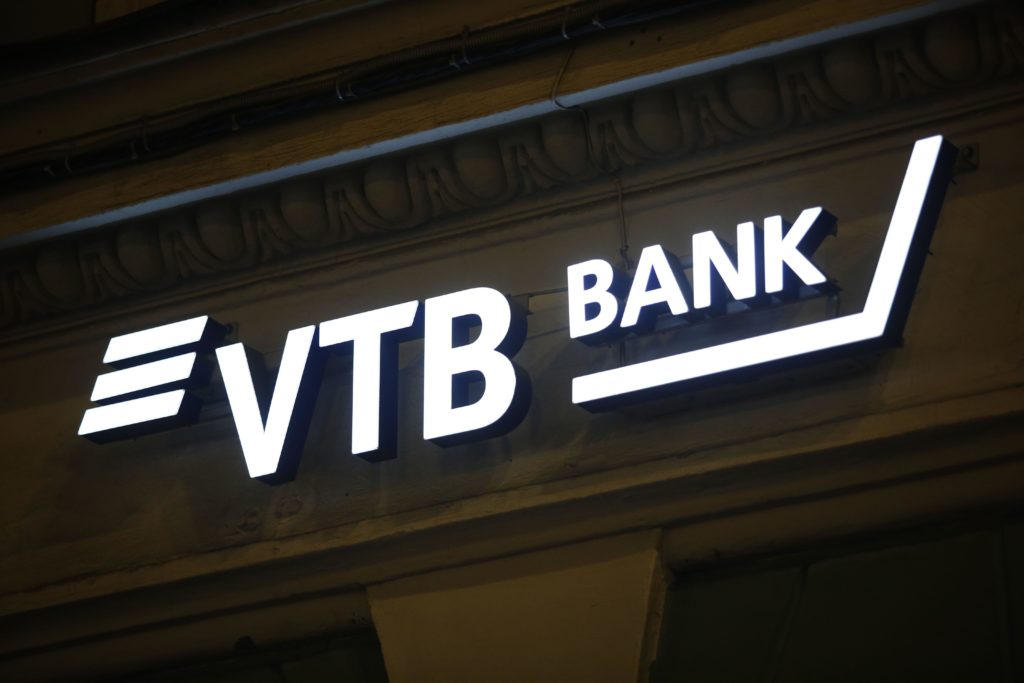TASHKENT
Uzbekistan’s biggest gold and uranium producer, Navoi Mining and Metallurgical Combine (NMMC), is to secure a five-year $1 billion credit line from Russia’s VTB Bank.
The document was signed during the Uzbekistan Economic Forum held in the capital Tashkent.
“The agreement with Navoi MMP is the largest transaction for VTB in Uzbekistan. We hope that it will open up new opportunities for the development of the enterprise, the entire mining and metallurgical industry and the country’s related industries,” Andrei Kostin, VTB president, said after the signing ceremony.
“We are ready to provide our colleagues not only with financial leverage, but also much expertise on matters for implementing the investment programmes, as well as operations on international capital markets, along with implementing the environmental, social and governance risks agenda,” he added.
NMMC is wholly owned by Uzbekistan’s government. The main gold ore base of the enterprise is one of the world’s largest deposits, Muruntau in the central Kyzyl Kum desert. The plant includes four hydrometallurgical plants, one heap leaching mine, and a gold processing mill. It mined around 2.6 million ounces of gold last year, making it the fifth largest gold mining company in the world.
Last week, Uzbekistan’s government said it was considering selling a stake of up to 10-15 percent in NMMC in 2024, as a part of the Central Asian country’s comprehensive privatisation programme.
President Shavkat Mirziyoyev ordered NMMC to be changed into a joint-stock company, with a modern corporate governance system and financial statements prepared in line with international standards. This also includes spinning off its gold business into a separate legal entity, a process now underway.
NMMC produces fine gold, uranium oxide, silver, and other mineral resources and owns Muruntau, the world’s largest gold mine in terms of production and estimated reserves. Its other mining facilities are located in the cities of Zarafshan, Uchkuduk, Nurabad, and Navoi and include five metallurgical complexes and 13 mines.
The Central Asian country is making efforts to improve its investment climate after more than two decades of economic isolation. The closed, autarkic system viewed most foreign investments as a threat. That ended when Islam Karimov, who had led Uzbekistan since before the Soviet breakup, died in 2016.
Mirziyoyev, once a prime minister under Karimov, has made attracting foreign investors one of his top priorities in an increasingly ambitious plan to open Uzbekistan to the outside world.
The president has approved a list of companies to go public in the next three years. The list includes the national air carrier Uzbekistan Airways as well as major companies in the energy, mining, banking and insurance.
Since 2018, a global management consulting firm, Boston Consulting Group (BCG), has been advising Uzbekistan’s State Geology Committee to develop a strategy to accelerate the process of securing foreign investment, as well as the portfolio of priority areas and deposits to be offered to foreign investors.

